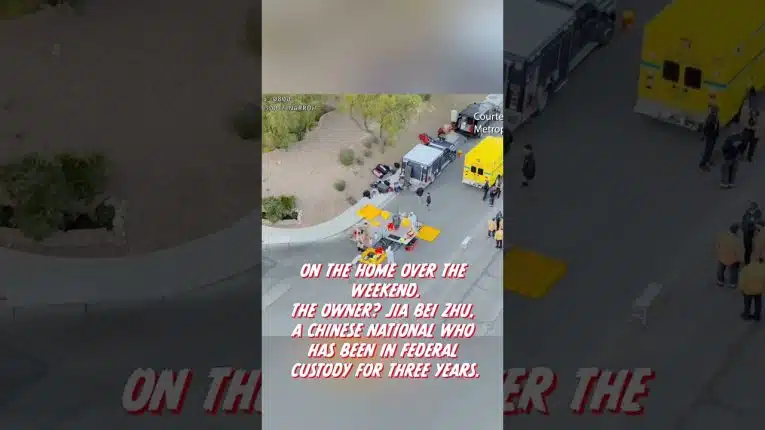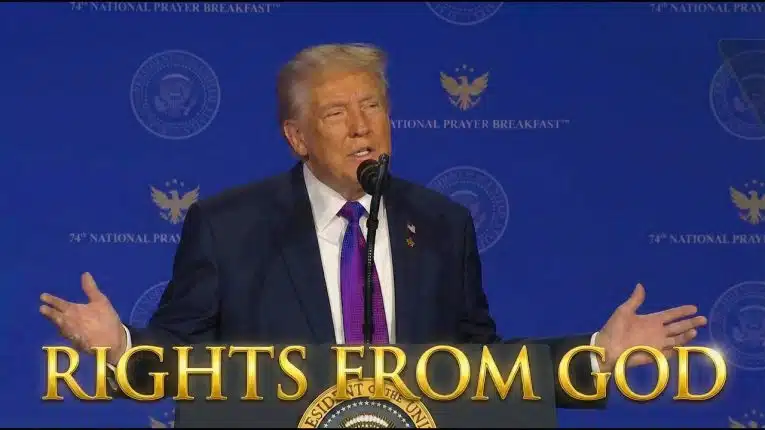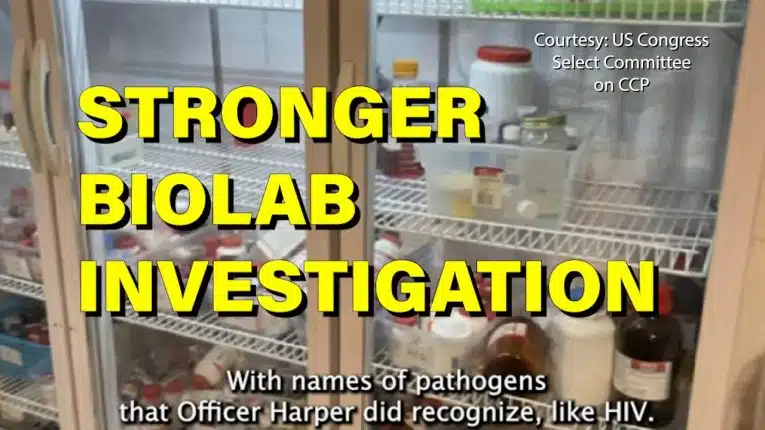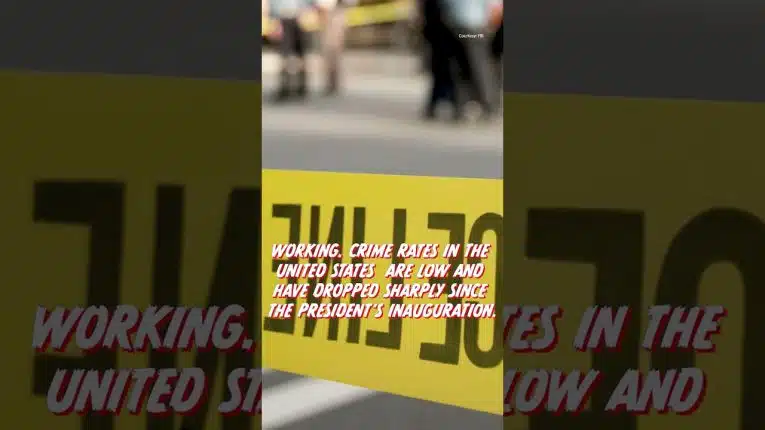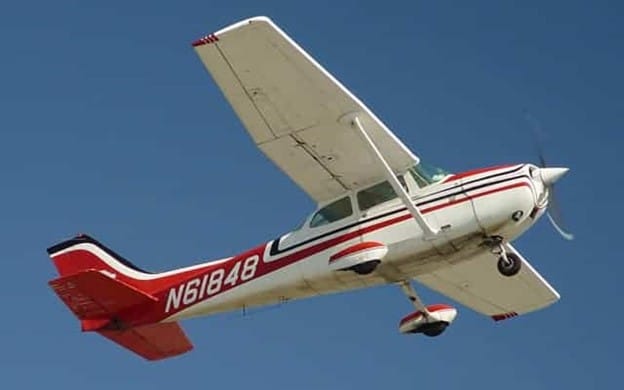
By Rick Manning
When Republicans became the majority in the House of Representatives, it was assumed that the big government as the answer to all problems reflex in Congress would be sidelined.
Yet, time and time again, the fight in Washington, D.C., is a battle to stop the DC Beltway impulse to impose solutions to non-existent problems.
One example is found in the legislation to reauthorize the Federal Aviation Administration. Hidden deep within the legislation is a proposal to end the re-selling of the tail numbers which identify individual aircraft.
Why the heck should the federal government care about this and who are these supposed limited government elected officials who would so blithely end a free-market solution which intelligently allocates desirable vanity tail numbers while still allowing non-premium numbers to be available for purchase for ten dollars?
Congress needs to remember that the FAA’s mission is, “… to provide the safest, most efficient aerospace system in the world.”
How does spending civil servant time on tail number distribution make any sense as it relates to this mission?
It doesn’t.
The FAA is overseeing, and Congress is reauthorizing, the management of an air travel system that is fraying and periodically breaking. Given this, who in their right mind would say, oh, let’s go make certain a few wealthy aircraft owners can use their influence to get access to cool tail numbers for their planes rather than having to negotiating for them on a supply and demand based privately created system?
What’s more, conservatives in Congress supposedly believe that the private sector is more efficient than the public sector. A thought which is a little difficult to reconcile with the decision to end the market-based system for distributing premium tail numbers just because they can.
Fortunately, U.S. Rep. Scott Perry (R-Pa.) and U.S. Rep. Lauren Boebert (R-Colo.) have offered an amendment to the legislation, Amendment No. 334, that would strike Sections 206 and 207 related to N-number restrictions.
Here is a thumbnail on how the system currently works.
Every plane must have a tail number.
Every tail number begins with the letter N.
In addition to the “N”, every tail number has a combination of up to five letters (excluding N) or numbers (excluding zero in the first position) as their registered identification number. Given that there are twenty-five letters and ten numbers eligible for inclusion in any order, this creates 915,399 potential combinations.
The FAA offers numbers for sale to the public on a first-come, first-served basis for $10 each annually.
Of these combinations, 212,791 are being used by US registered aircraft, 247,552 are reserved by individuals, businesses and government agencies and 454,910 N-numbers are currently available for reservation directly from the FAA for $10 each.
The FAA itself holds the most reserved numbers with around 40 percent of the total. The remaining 160,000 or so are held by airlines, airports, major companies like UPS and individuals. Every one of those unused reserved numbers not held by the FAA generates $10 per number annually to the FAA or up to $1.6 million annually.
Some smart entrepreneurs discovered a demand for short (two, three or four letter/number combinations) or meaningful (NL0VE might be one) that was unfilled, and they reserved numbers they thought there would be an excess demand for a cost of $10 each. There are a total of around 10,000 potential premium combinations that have been reserved for resale at the entrepreneur’s financial risk. Remember, there are almost 500,000 number/letter combinations available directly from the FAA for ten dollars, so these entrepreneurs only have the desire of the potential purchaser to obtain a vanity number as leverage on any negotiation.
As the owner of the listed number, others who wish to obtain a vanity number, that is not otherwise available directly from the FAA, contact the owner and negotiate the value of that particular number. Hundreds of these voluntary transactions happen each year. Remember, there is no compulsion or shortage of supply of alternative numbers as there is a supply of almost half a million unregistered tail numbers available for purchase at a cost of $10.
This is a true supply and demand marketplace with potential buyers free to walk away at any time to purchase a different number from the FAA for a nominal fee.
Yet, someone managed to get language into the Republican controlled House Transportation Committee FAA Reauthorization bill language stating;
“When an N-number is relinquished & transferred it must be sold at a cost that does not otherwise exceed the amount paid. The parties are not allowed to impose a ‘dollar cost’ on value added transfers.”
What a country, when the supposed free enterprise political party arbitrarily decides to wipe out a marketplace where there is no monopoly or any other coercion just because they could.
What’s next?
Will the US Post Office decide that the after-market cost of rare stamps is too high and only allow their resale at the stamps original face value? Will the Bureau of Alcohol, Tobacco and Firearms determine that gun collectors can only sell their collections at the cost of acquisition or worse, the original retail cost of the firearm no matter how rare?
Of course, that won’t happen, but it is effectively what the current House FAA Reauthorization bill does with N-tail numbers.
This is a small issue. But it is the willingness of those who supposedly support free markets to destroy as pure of a free market as can be found just because they can which is breathtaking.
It makes one question, do some House Republicans even read their own campaign brochures. If they did, I bet they wouldn’t find, create more regulations and destroy free markets on them.
And if they won’t stand and say no to the ‘little’ things, how can any of us rightfully expect them to stand up for the big ones?
Rick Manning is the President of Americans for Limited Government.


